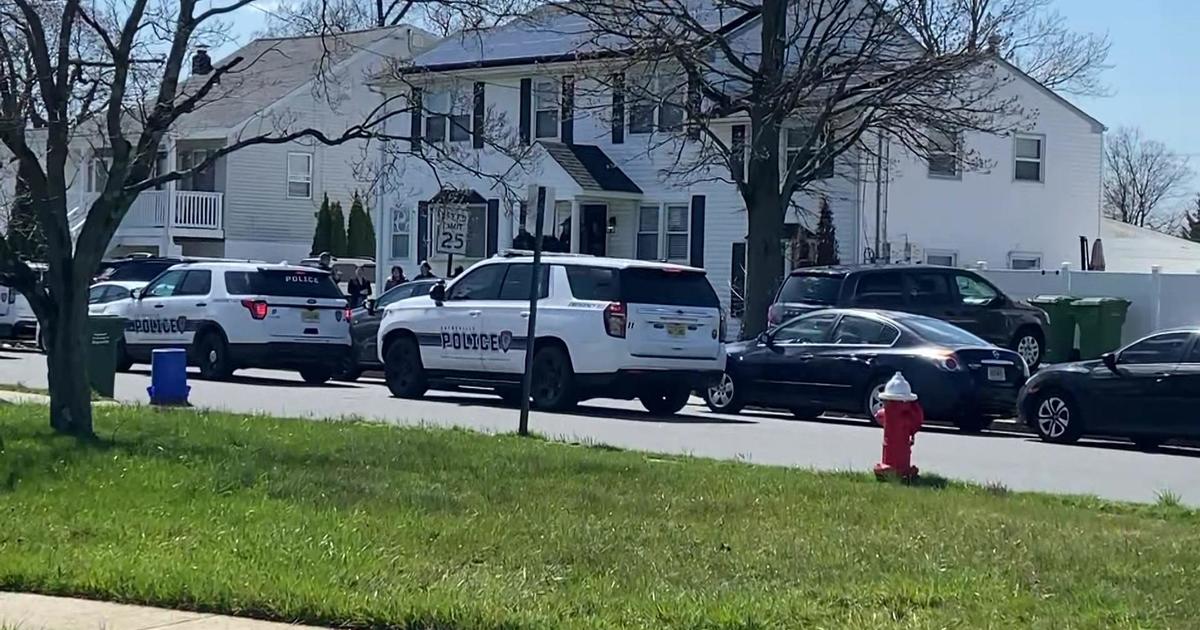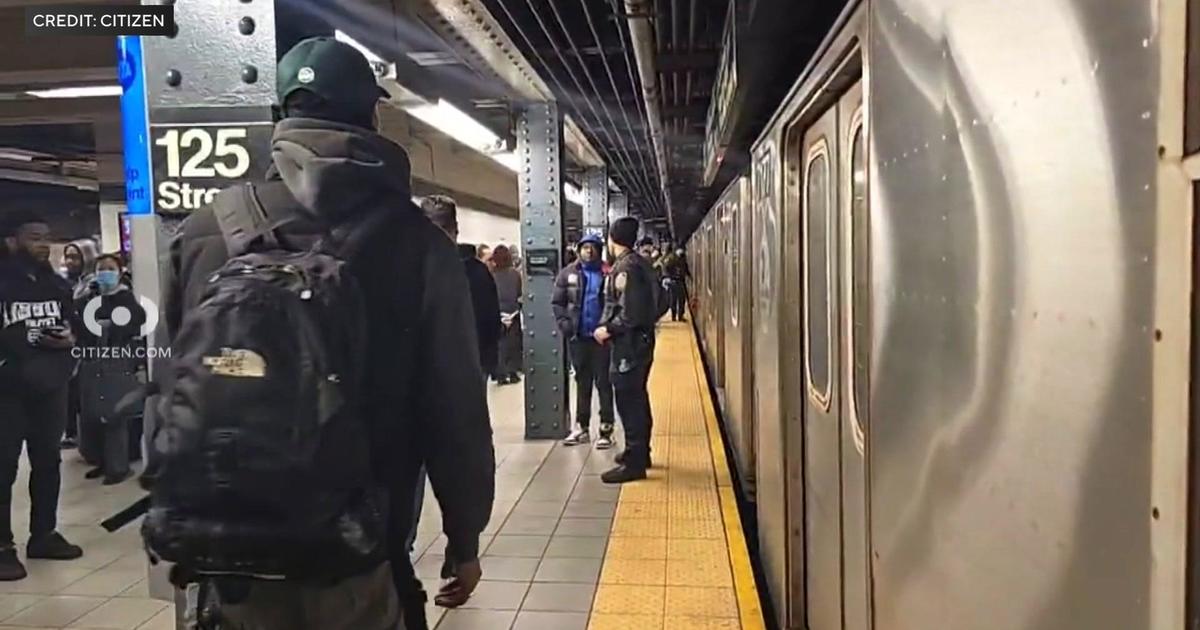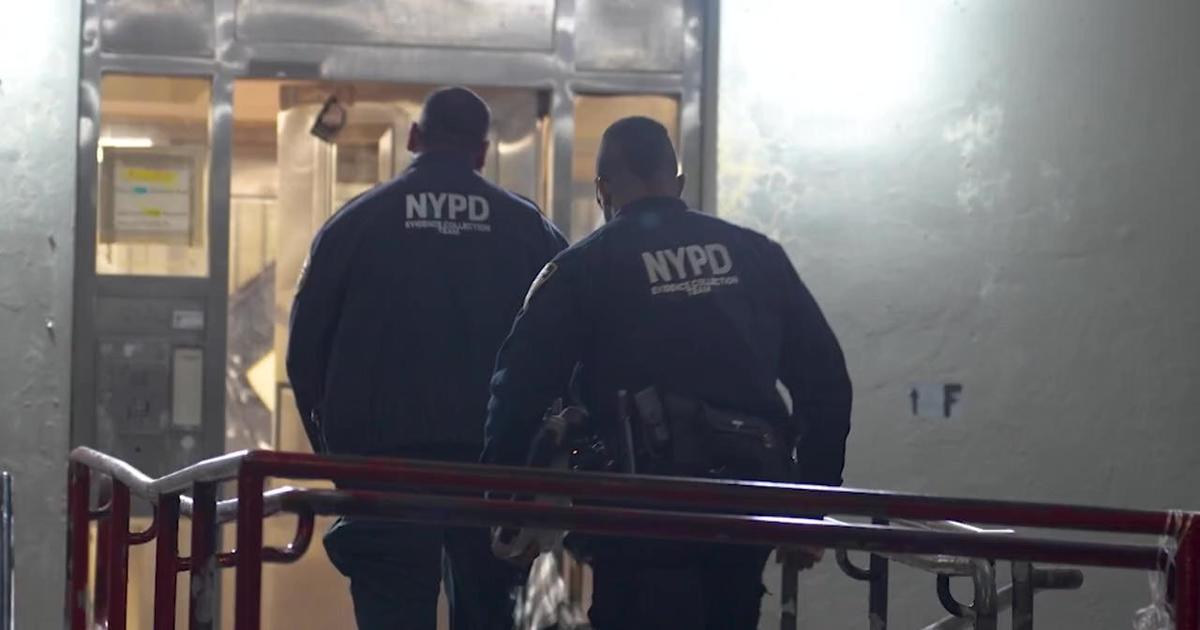Doctors Rolling Out Experimental Blood Test That May Be Able To Detect Over 50 Types Of Cancer
NEW YORK (CBSNewYork) -- Cancer is expected to become the leading cause of death in the United States this year, which is why experts say early detection and treatment is so important.
CBS2's Dr. Max Gomez says doctors are now rolling out an experimental test that may be able to detect more than 50 cancers with just a blood test.
Dr. Julia Feygin lost her 40-year-old father to pancreatic cancer at 13.
"My dad, he was a healthy guy. He didn't have any known risk factors for cancer," she said.
Diagnosed at stage three, he lived for just nine months.
"I strongly believe that purpose can be found in everything that happens," Feygin said.
Feygin's purpose became joining a team rolling out a blood test called Galleri that she says can catch hard-to-detect, aggressive and often deadly cancers like: pancreatic, ovarian and esophageal cancer. It can detect more than 50 types in all.
"If cancers can be detected early, we can dramatically improve patients' outcomes," Feygin said.
This works because as cells in our body die off -- both normal and cancer cells have a limited lifespan -- they shed their DNA into the bloodstream.
The key is identifying the difference in the DNA signature of a cancer cell, compared to a normal cell.
Feygin's company, Galleri, says they can do that by analyzing just two tubes of blood.
"We can find and we can sequence these tiny bits of tumor-derived DNA in the blood, and based on the patterns we see, we can reveal if a signal for cancer present," Feygin said. "We can predict with very high accuracy where in the body this cancer signal is coming from."
A study with the Mayo Clinic that included 6,600 participants returned 29 signals that were followed by a cancer diagnosis.
Another study found a less than 1% false positive rate.
But for now...
"It's intended to be used in individuals who are at an elevated risk for cancer, and elevated risk, this can be something as simple as age," Feygin said.
The American Cancer Society says 71% of cancer deaths come from types of cancer that have no recommended screening test.
"It really presents an unprecedented opportunity to bend the cancer mortality curve and really save so many lives," Feygin said.
The test does require a prescription but is not yet fully approved by the Food and Drug Administration, so its $1,000 cost comes out of pocket.
If these study results are repeated in other labs, it could mean that the cancer doctor's search for the holy grail, a so-called liquid biopsy for early detection, could mean a huge drop in cancer mortality.



